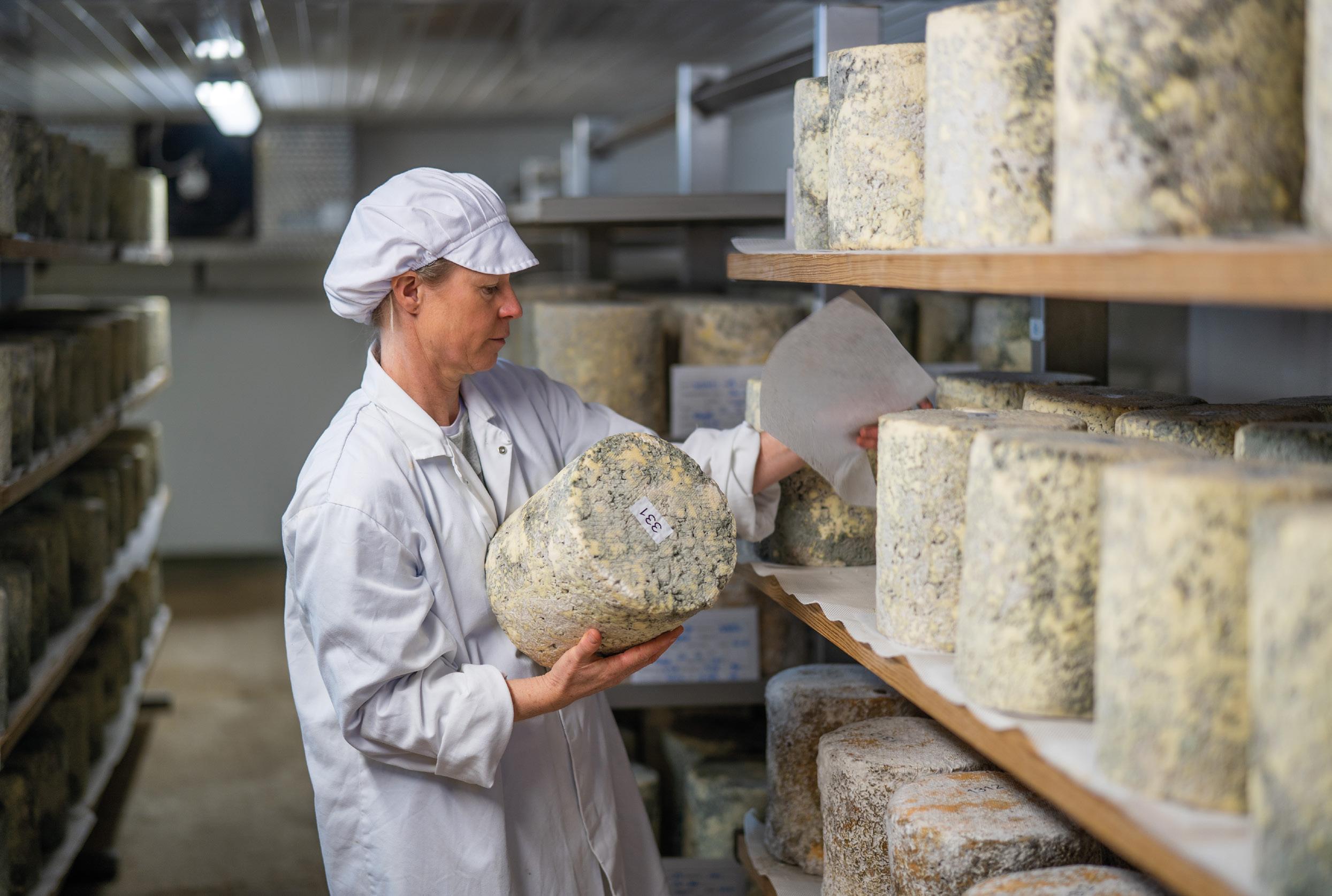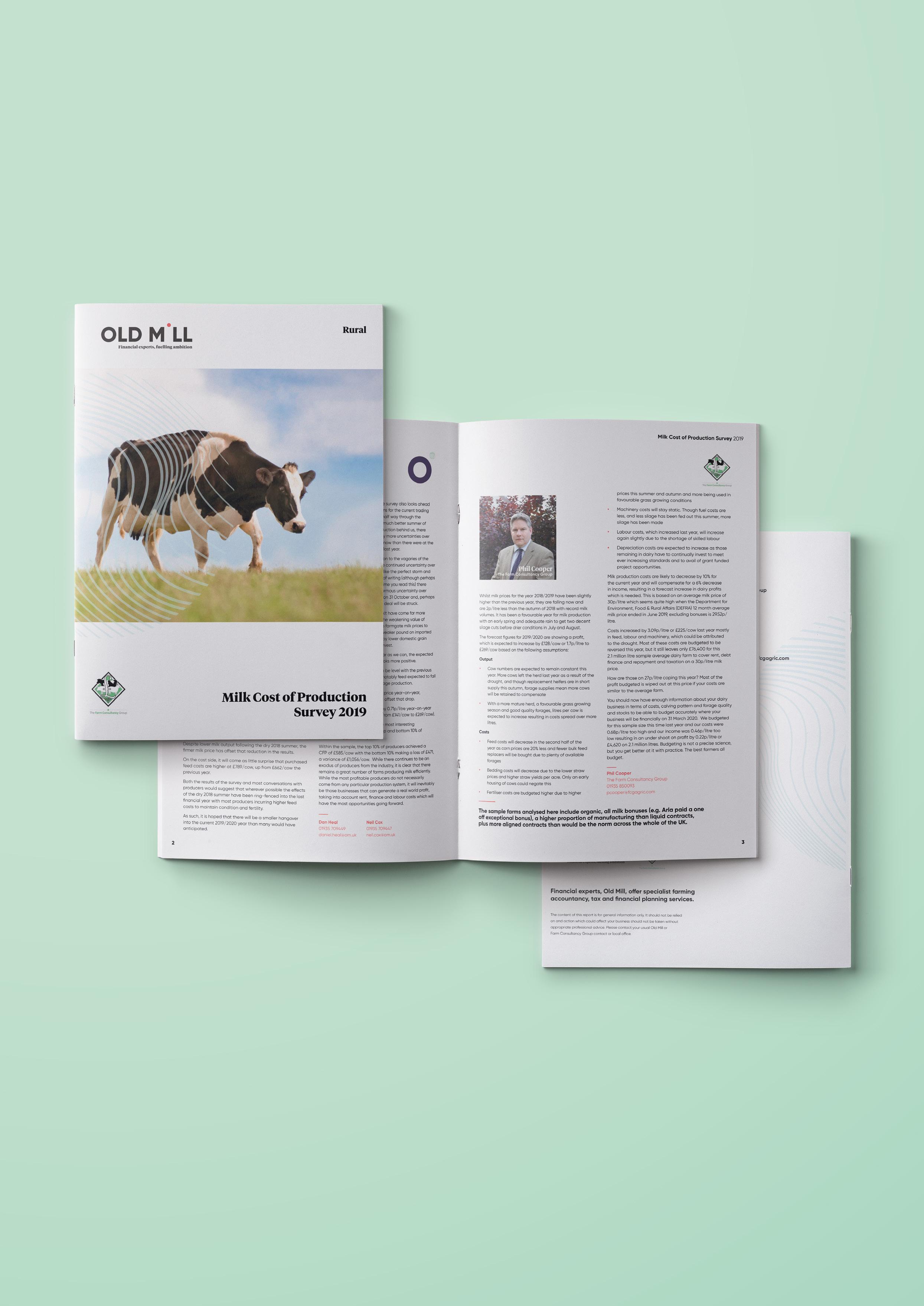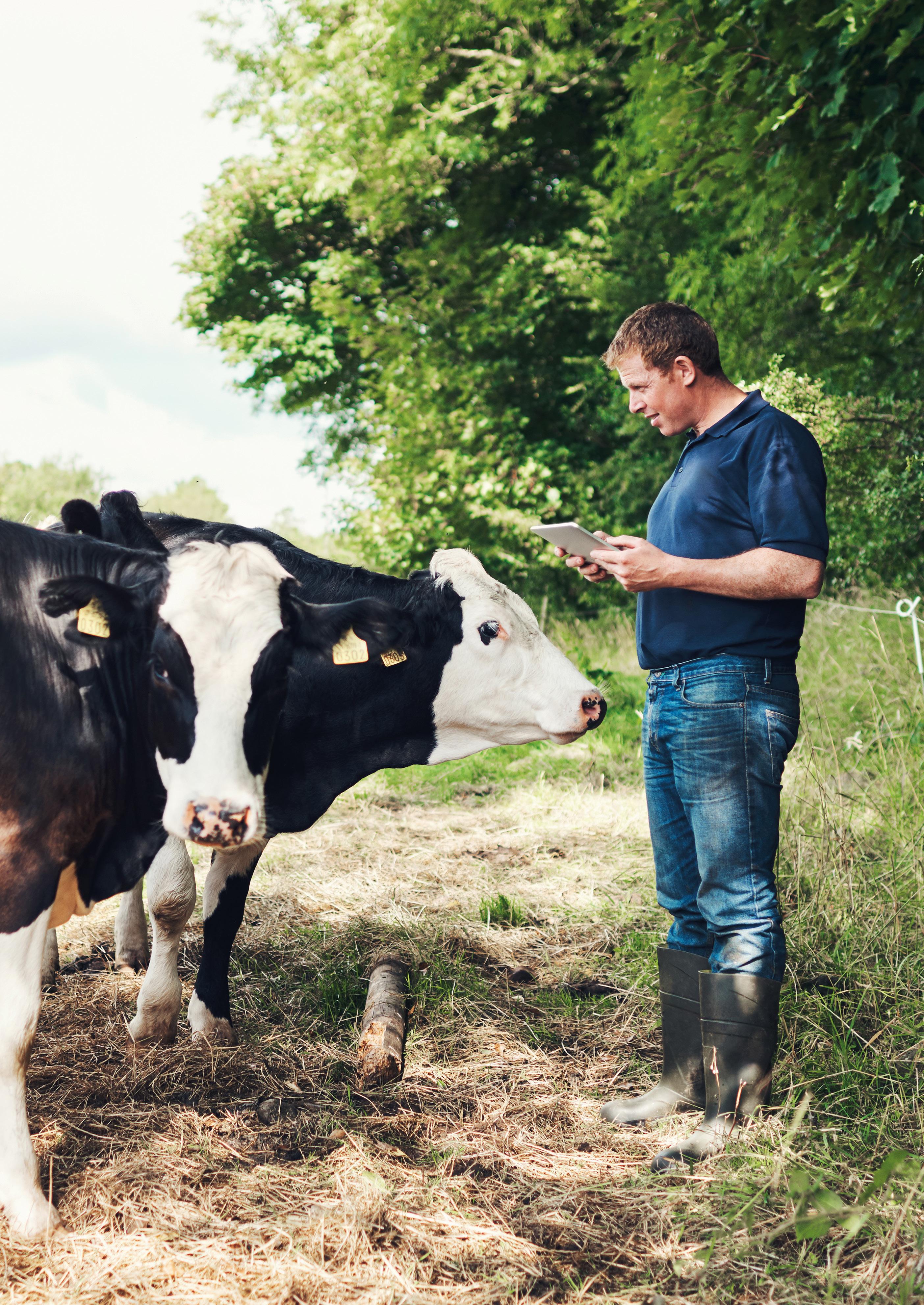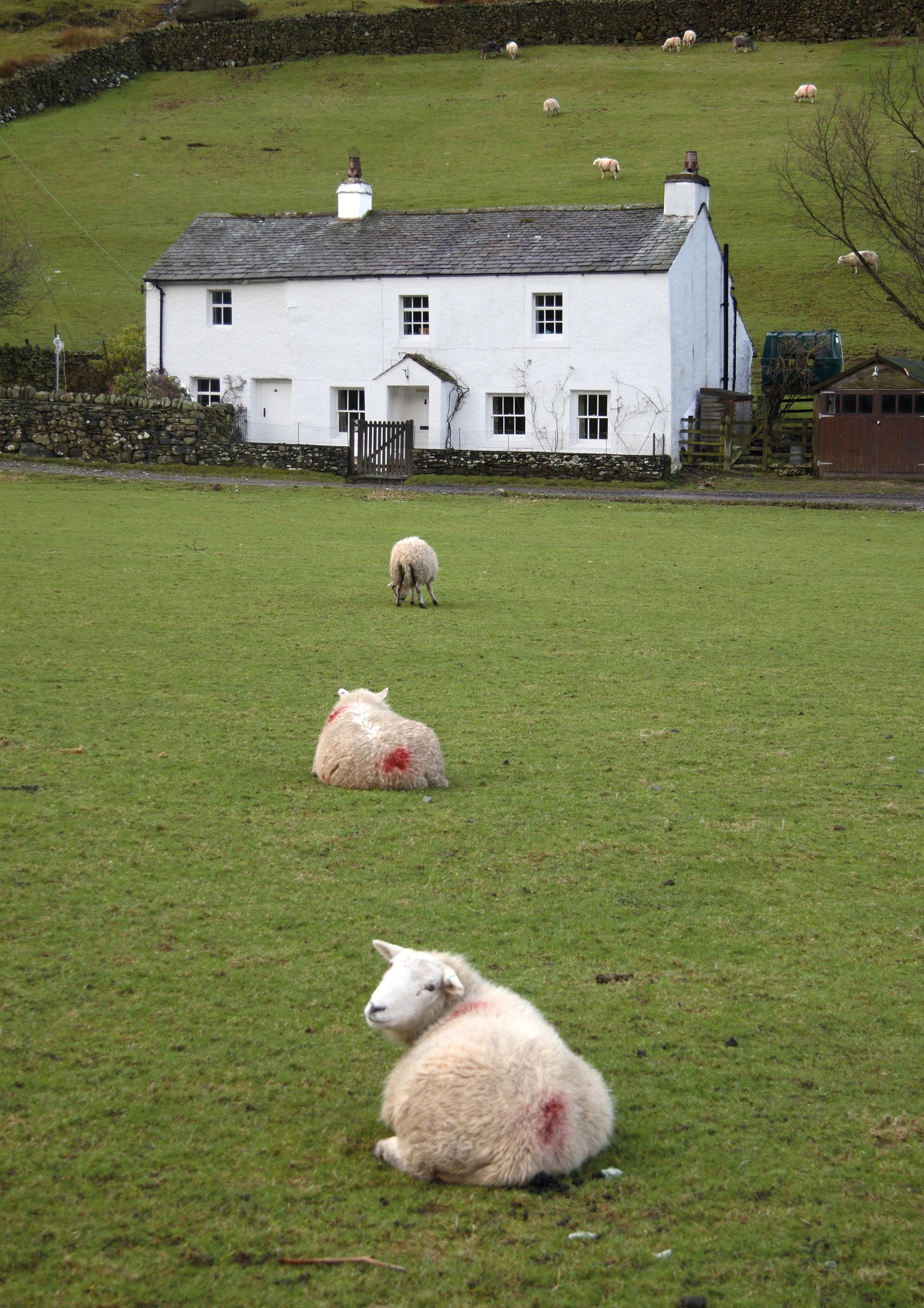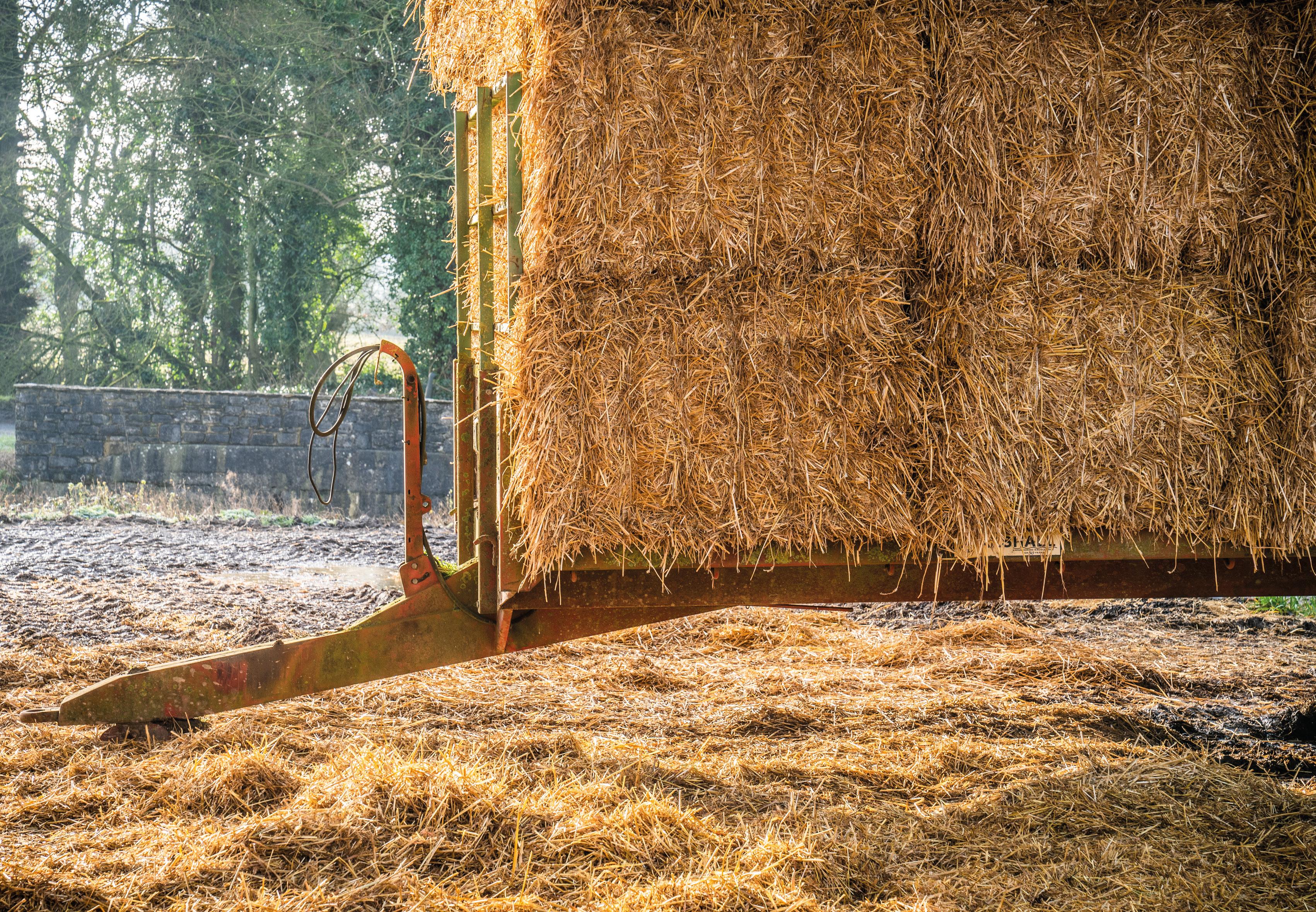Focus: Dairy Industry - Guest Spot: Clarke Willmott solicitors
Mandatory milk contracts: an end to unfair contract terms? Recent press coverage has focused on the possible future regulation of certain aspects of the dairy industry and the pros and cons of establishing a regime of mandatory dairy contracts.
Opinion is divided. On one side are the farming unions and the Groceries Code Adjudicator, pressing for urgent reform of the existing system. On the other is Dairy UK, which represents approximately 85% of milk processors in the UK, resisting change and arguing that greater regulation would result in increased market volatility and a reduction in competition.
contracts within a reasonable period. The perception in some quarters is that dairy farmers in particular are too much at risk and subject to unfair contract terms.
companies and/or their supermarket clients can seem something of a David and Goliath struggle.
George Eustice, Minister of State for Agriculture, Fisheries and Food, summed up this perception in January 2019 when he said: ‘All too often farmers are price takers – they are captives.’
Why now?
Why are milk contracts such a battleground?
In the UK there is legislation to help prevent consumers being taken advantage of, but there are few such statutory protections for business-tobusiness contracts that determine the relationship between farm and milk processors. The Unfair Contract Terms Act 1977 does apply to clauses which seek to limit or exclude liability in a business-to-business contract, but in general, it is up to the contracting parties to understand the terms and conditions to which they are agreeing. For small producers, any attempt to resist changes to contractual terms proposed by large scale processing
In part, the answer to this question is because there appears to be a pattern of unfair or unclear terms and conditions in contracts between the milk producers (farmers) and the milk processors and their customers. In particular, issues have arisen when a processor has unilaterally decided to vary the terms of an existing contract with very little notice. Faced with a significant price change or alteration of the supply terms, farmers have reported difficulty in terminating their
28
In fact, arguments about how best to promote fairer supply chain relations within the dairy industry are part of a long-simmering debate. The existing Dairy Contracts Voluntary Code of Practice (VCOP) was intended to promote best practice and a standard of what is fair in contracts for the supply of milk. On its introduction in 2012, farming unions supported the idea of a voluntary code as the best way forward; but subsequent vicissitudes, the fact that not all UK processors signed up and continuing instances of bad practice subsequently shifted opinions. The background to VCOP was the EU CMO Regulation (1308/2013) (CMO), which gives Member States discretion to make the use of mandatory written contracts between milk producers


